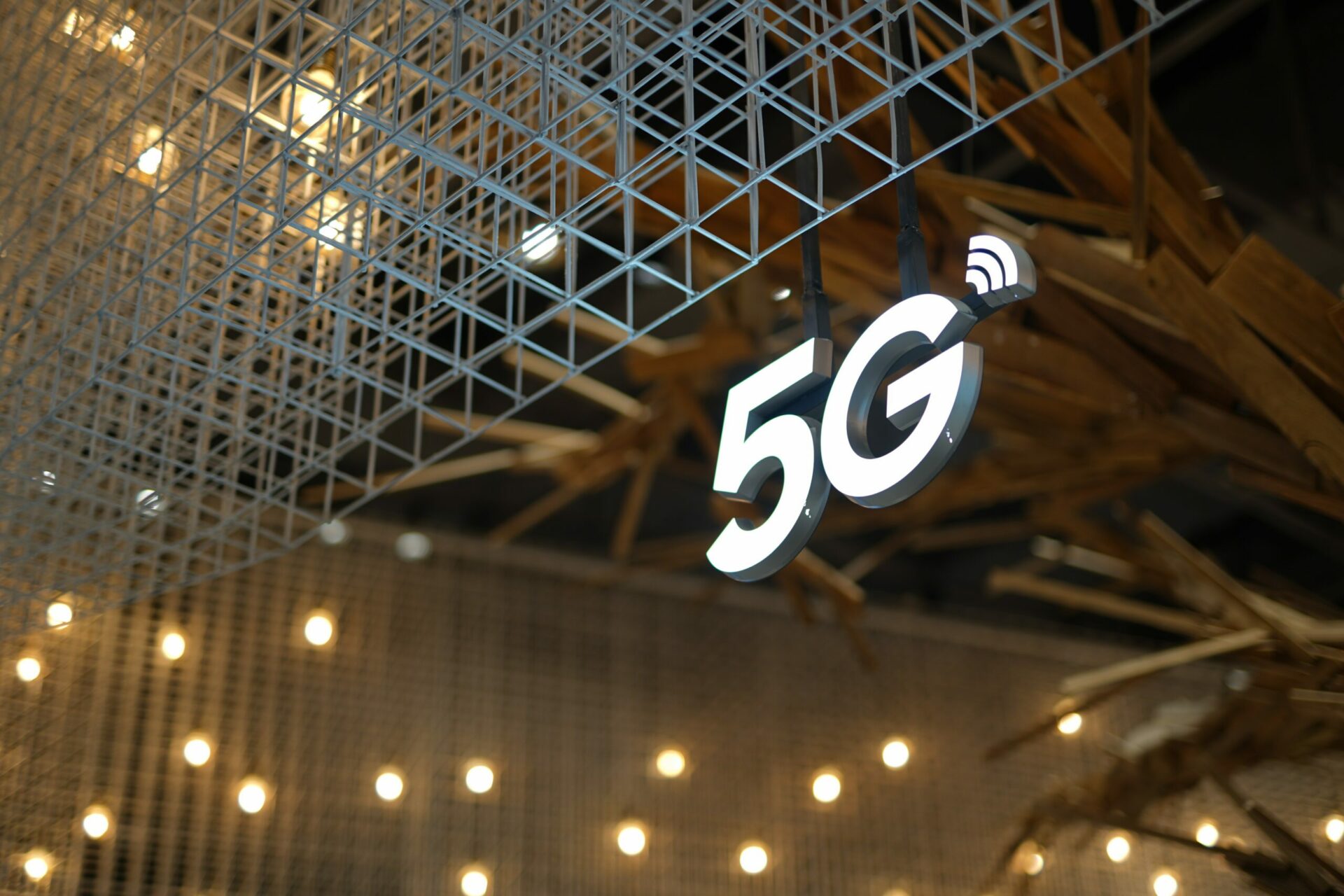- According to Ghana’s Minister of Communications and Digitalisation, Ursula Owusu, the delayed 5G network will be launched on November 1, 2024.
- The Minister revealed this in a radio interview, following a previous statement in March 2024 that 5G Internet connectivity would be available in Ghana by September 2024.
- As Ghana prepares to launch 5G, it is worth noting that the Communication Minister revealed in June 2024 that, despite the launch of 4G in Ghana nine years ago, the current 4G penetration rate is only 15%, with the majority of the population still using 3G networks.
Moreover, the Ghanaian government plans to increase 4G penetration to 80% over the next three years through Next-Gen Infrastructure Company (NGIC). It also aims to establish 4,400 4G and 5G telecommunications sites to improve the country’s high-speed connectivity.
In May 2024, the Ghanaian government, in collaboration with Radisys Corporation, a subsidiary of Mukesh Ambani’s Reliance Industries Ltd, Asia’s richest man, announced plans to launch affordable 5G mobile broadband services nationwide by the end of 2024 via NGIC. This new shared infrastructure company has received a ten-year licence to provide 5G services in Ghana.
Furthermore, the NGIC intends to invest $145 million in Ghana’s infrastructure over the next three years. With Radisys Corp.’s critical network infrastructure, applications, and smartphones, NGIC aims to become the first 5G mobile broadband shared infrastructure entity to build a nationwide 4G/5G network. Other initiative partners include Nokia, Tech Mahindra Ltd, and Microsoft Corporation.
While the Minister reportedly confirmed that MTN participated in the discussions regarding the initiative, recall that MTN Ghana had plans to pilot 5G in the country in 2022 but suspended the move.
However, in June 2024, the National Democratic Congress (NDC) criticised the government’s plan to launch a 5G network in partnership with Indian businessman Mukesh Ambani, stating that it was a bad deal. They argued that a formal bidding process, rather than an exclusive agreement, could have resulted in more advanced funds.










